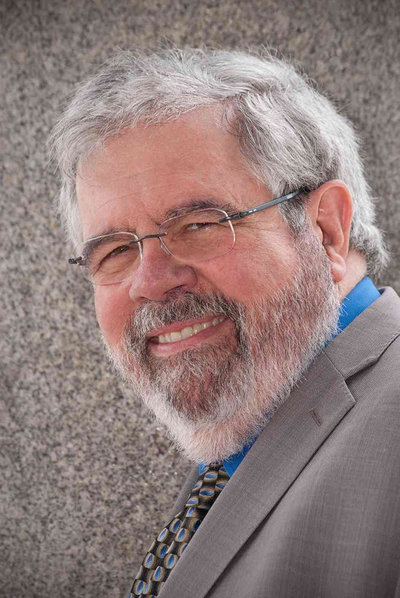Now that the Great Recession has officially ended, the pie is getting bigger, according to David Cay Johnston, but the bottom 90 percent is getting less pie. Johnston, a Pulitzer Prize-winning investigative journalist, has written a trilogy of books on financial inequities and has been teaching a course on “Property and Tax from Ancient Athens to America” at Syracuse University since retiring from The New York Times in 2008. Johnston will be speaking about “How Inequality Affects You” at the City Club of Eugene on May 9.
Johnston is a dynamic speaker who mixes in tales of his own investigations, ranging from his early work exposing political spying and brutality by the Los Angeles Police Department to articles on how Enron did not pay taxes. His historical perspective on economics and taxes informs his continued investigations into the U.S. economy and current financial policies that, he says, are not conservative but in fact radical and will lead to the end of our democracy.
A truly conservative policy, Johnston tells EW, is time-tested and has worked. For example, the idea of a progressive tax is 2,500 years old, he says. A progressive tax is a tax that increases as the amount earned increases. “Rich people will tell you that progressive taxation was Karl Marx’s idea,” he says, when in fact the concept predates Marx by thousands of years.
The Founding Fathers believed that America would survive and thrive only if there was widespread ownership of land and businesses, Johnston says. Farmers own their land; workers own their tools. The concept, he says, is that workers have a stake in the business.
Johnston says that at the end of the Great Depression, the incomes of the bottom 90 percent went up and the top 1 percent went down, but this time around, thanks to our current system, the trend is reversed. But is the system so rigged that the end of democracy is inevitable? Johnston says there is hope for change, and he points to the end of other seemingly legally entrenched institutions such as slavery and denying women the right to vote.
But until the system is changed, Johnston says the rich really are getting richer and the poor are getting poorer. Citing data from a study by economists Emmanuel Saez and Thomas Piketty, he says that incomes and tax revenues have grown from 2009 (the official end of the Great Recession) to 2011, but 149 percent of the increased income went to the top 10 percent of earners.
Johnston says that in 2011, the average adjusted gross income of the majority of people fell to $30,437 per taxpayer — its lowest level since 1966 if measured in 2011 dollars. So the majority of earners averaged only $59 more in 2011 than in 1966. But for the top 10 percent, the average income rose by $116,071 to $254,864, an increase of 84 percent over 1966.
Picture a chart, Johnston says, then make a one-inch bar for the $59 the vast majority earned. In comparison, the top 10 percent’s bar would extend more than 163 feet. The top 1 percent’s bar would go for 884 feet. The bar charting the top 1 percent of the top 1 percent (average income of $23.7 million) would extend for five miles.
Yet Johnston says there’s a disconnect between people’s understanding of how all this works and the reality. Instead of looking at the way government has allowed the system to go awry, he says people tend to blame the so-called “takers” — the people below them who might need a leg up. Johnston says that while he is now a 1 percenter, he could not have gotten there without the government-funded education he received through the GI Bill via his father, a disabled WWII vet. “If you stop investing in people, they are not going to get ahead,” he says.
He points to internet access as an underreported piece of the economic puzzle. Why does Eugene, Ore., have internet that’s not as good as what people get in rural South Korea or in Bulgaria, he asks?
Johnston, who is president of the board of the Investigative Reporters & Editors, blames much of this misperception on a lack of investigative journalism and on poor journalism such as Faux (Fox) News. The news business has lost its competitive edge, he says, and writes through the eyes of bankers. Reporters focus on the fact that an airline merger will make more money for the investors, not that it might result in higher prices for passengers.
When asked if income inequality will lead to the kind of protests and revolutions we have seen elsewhere, Johnston says, “America is no different from other countries except for the freedoms we have.” He says, “If we don’t stop it [income inequality], it will end our democracy; we will not survive this.”
David Cay Johnston speaks on “How Inequality Affects You” at 12:05 pm Friday, May 9, at the City Club of Eugene, 3rd floor ballroom, Downtown Athletic Club, $7 non-members, lunch is available, go to cityclubofeugene.org for more info.
